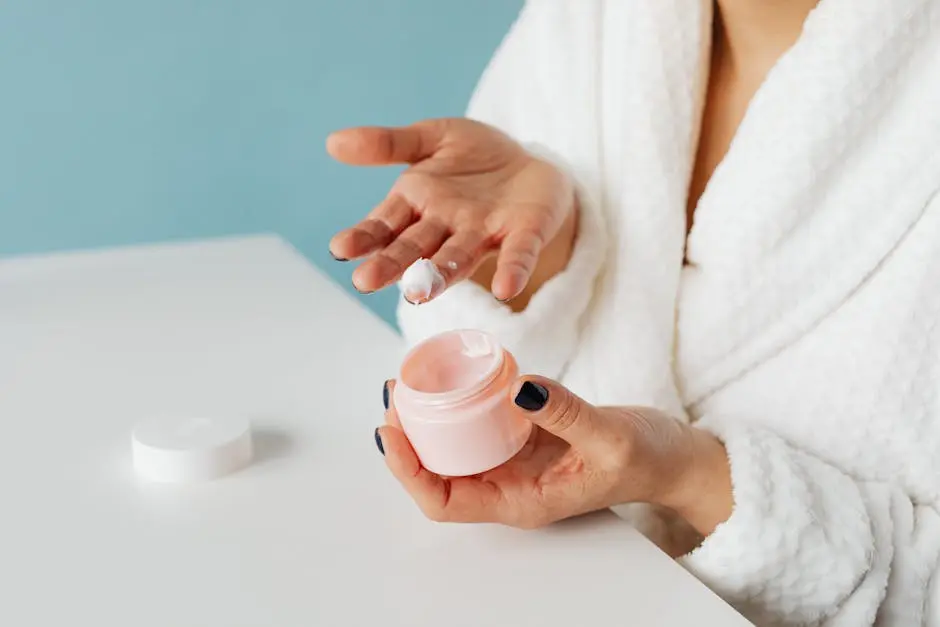Welcome to your ultimate guide for sensitive skincare! If you have delicate skin that reacts easily to products, you’re not alone. Many people seek solutions that are gentle yet effective. In this guide, we’ll explore essential tips and tricks to help you navigate your skincare journey with confidence and ease.
Understanding Sensitive Skin
Sensitive skin can be a challenge to manage. It’s important to first recognize what makes your skin sensitive—be it environmental factors, skincare ingredients, or individual skin types.
To fully understand your sensitive skin, start by observing how it reacts to various products and environmental changes. By paying attention, you can identify specific triggers, like certain fragrances or harsh chemicals.
Moreover, sensitive skin often exhibits redness, itching, or a burning sensation. These symptoms can be exacerbated by changes in weather, hormonal fluctuations, or stress. Your skin’s sensitivity might also be genetic; if others in your family share similar issues, it’s worth considering this aspect.
Essential Ingredients for Sensitive Skin
When selecting products, understanding which ingredients are soothing and beneficial is crucial. We’ll highlight some key ingredients to look for and what to avoid in order to minimize irritation.
Look for ingredients like aloe vera, chamomile, and calendula, as they are renowned for their calming properties. These natural agents work to reduce inflammation and promote healing, which is essential for anyone with sensitive skin.
On the flip side, steer clear of artificial fragrances, alcohol, and harsh exfoliants. These can strip the skin of its natural oils, leading to greater sensitivity and discomfort. Instead, opt for fragrance-free and hypoallergenic formulations designed specifically for delicate skin.
Incorporating soothing agents, like hyaluronic acid and ceramides, can also enhance your skincare routine. These ingredients not only hydrate but also strengthen the skin barrier, creating a resilient shield against irritants.
Building a Gentle Skincare Routine
Creating a skincare routine that caters to your sensitive skin doesn’t have to be overwhelming. We’ll break down a step-by-step guide to help you establish a gentle cleansing, moisturizing, and treatment regimen.
Start with a mild cleanser that doesn’t strip your skin’s natural oils. Avoid foaming cleansers with harsh detergents; instead, reach for cream-based or oil-based options that provide comfort and cleanliness without irritation.
After cleansing, always follow up with a nourishing moisturizer that’s rich in hydrating ingredients. Look for products with a creamy consistency that can lock in moisture, keeping your skin supple and smooth. Consistency is key, so try to apply this daily, both morning and night.
Introduce treatment products gradually. If you’re including serums or treatments, start with one product at a time to monitor how your skin responds. This methodical approach will help you pinpoint any potential irritants.
How to Patch Test New Products
Before incorporating any new product into your routine, patch testing can save you from potential reactions. We’ll discuss how to effectively patch test and what signs to look out for.
To conduct a patch test, apply a small amount of the product on a discreet area of your skin, such as behind your ear or on your inner forearm. Wait for 24 to 48 hours, monitoring for any signs of redness or irritation. This simple step could prevent a lot of discomfort later on.
Trust your instincts—if the product causes any negativity, even mild, it’s best to steer clear. Remember, just because something works for someone else doesn’t mean it will work for you.
Natural Remedies for Sensitive Skin
Sometimes, the best solutions come from nature. We’ll explore some natural remedies that can soothe sensitive skin without the harsh chemicals.
Oatmeal baths are a classic remedy known for their soothing properties. Colloidal oatmeal can help reduce itching and inflammation—simply add it to your bathwater for immediate relief. Meanwhile, honey, with its antimicrobial and hydrating effects, can be applied directly to your skin.
Coconut oil is another powerhouse, serving as both a moisturizer and a barrier against irritants. However, always test a small area first to ensure your skin’s compatibility.
When to Seek Professional Help
While many find success managing their sensitive skin at home, there are times when professional guidance is necessary. We’ll discuss when it might be appropriate to consult a dermatologist.
If you experience persistent redness, severe irritation, or unexplained rashes, it’s time to reach out for professional help. A dermatologist can provide tailored solutions backed by their expertise, ensuring that your skin gets the right care.
Additionally, if you’re considering more aggressive treatments or products, like retinoids or chemical exfoliants, professional guidance can help you avoid unnecessary risks. The goal is to achieve healthy skin without compromise.
Wrapping Up Your Sensitive Skincare Journey
By following these sensitive skincare tips, you can cultivate a routine that respects your skin’s needs while fostering a healthy and glowing complexion. Remember, patience and consistency are key. With time, you’ll find the products and methods that work best for you!


